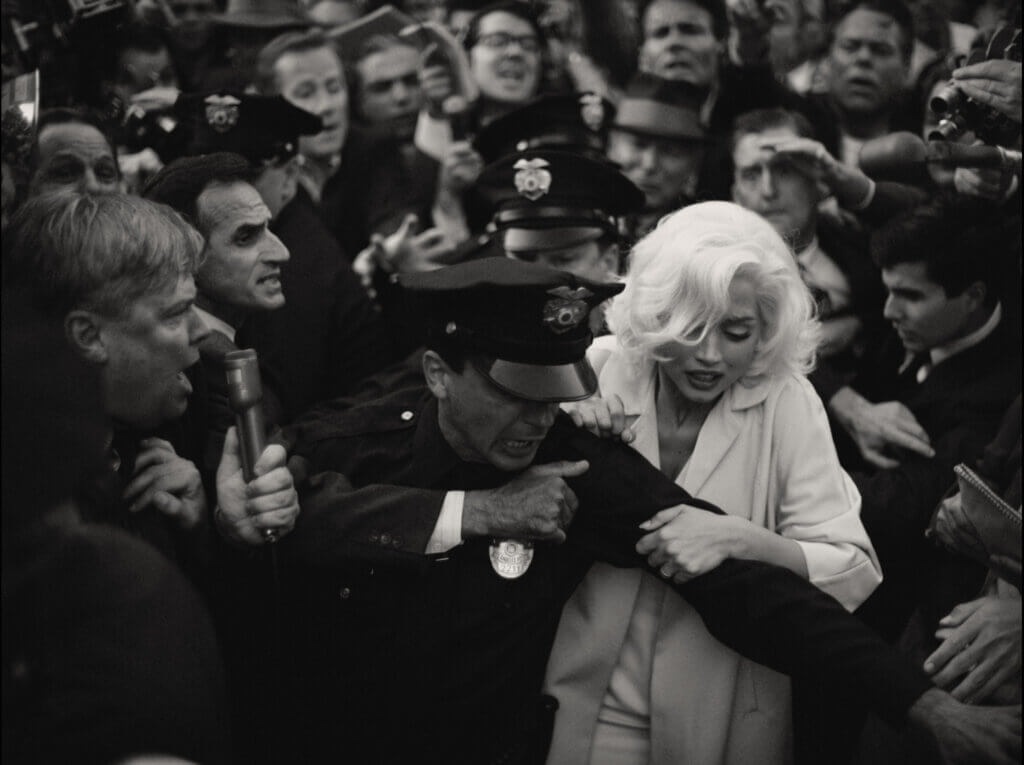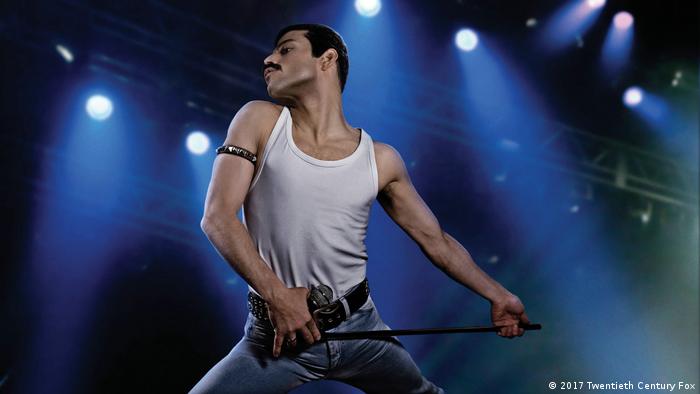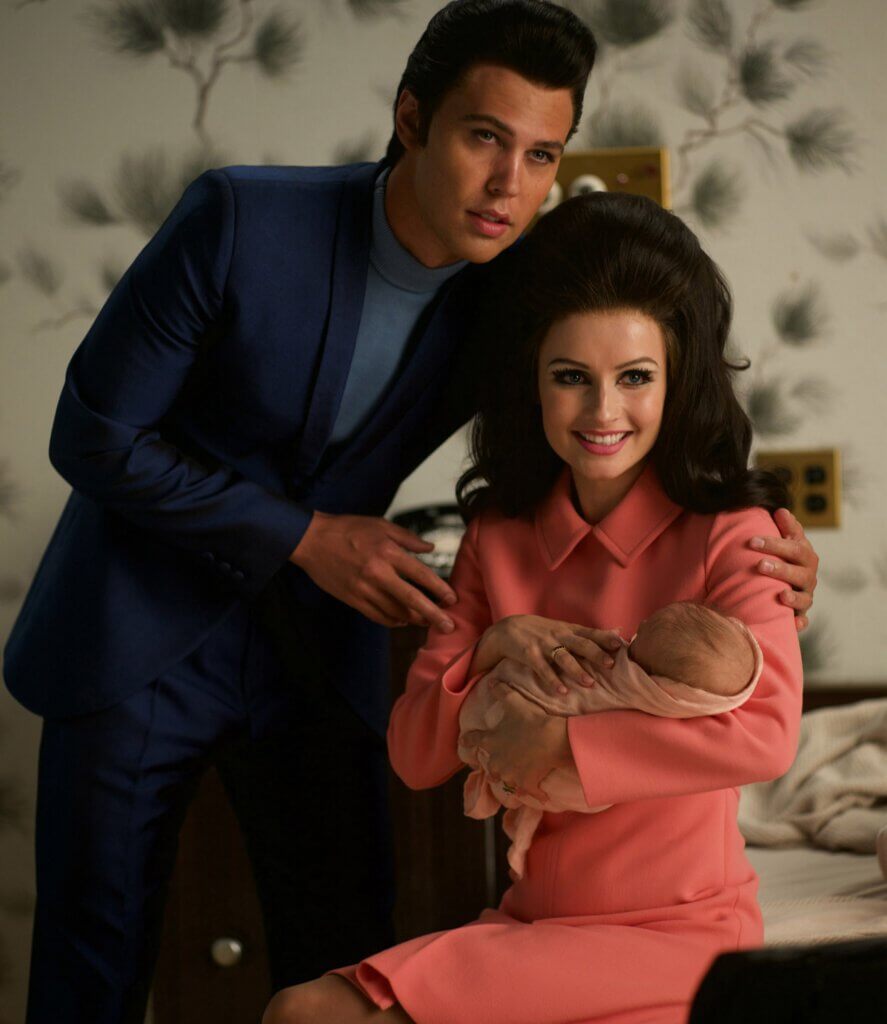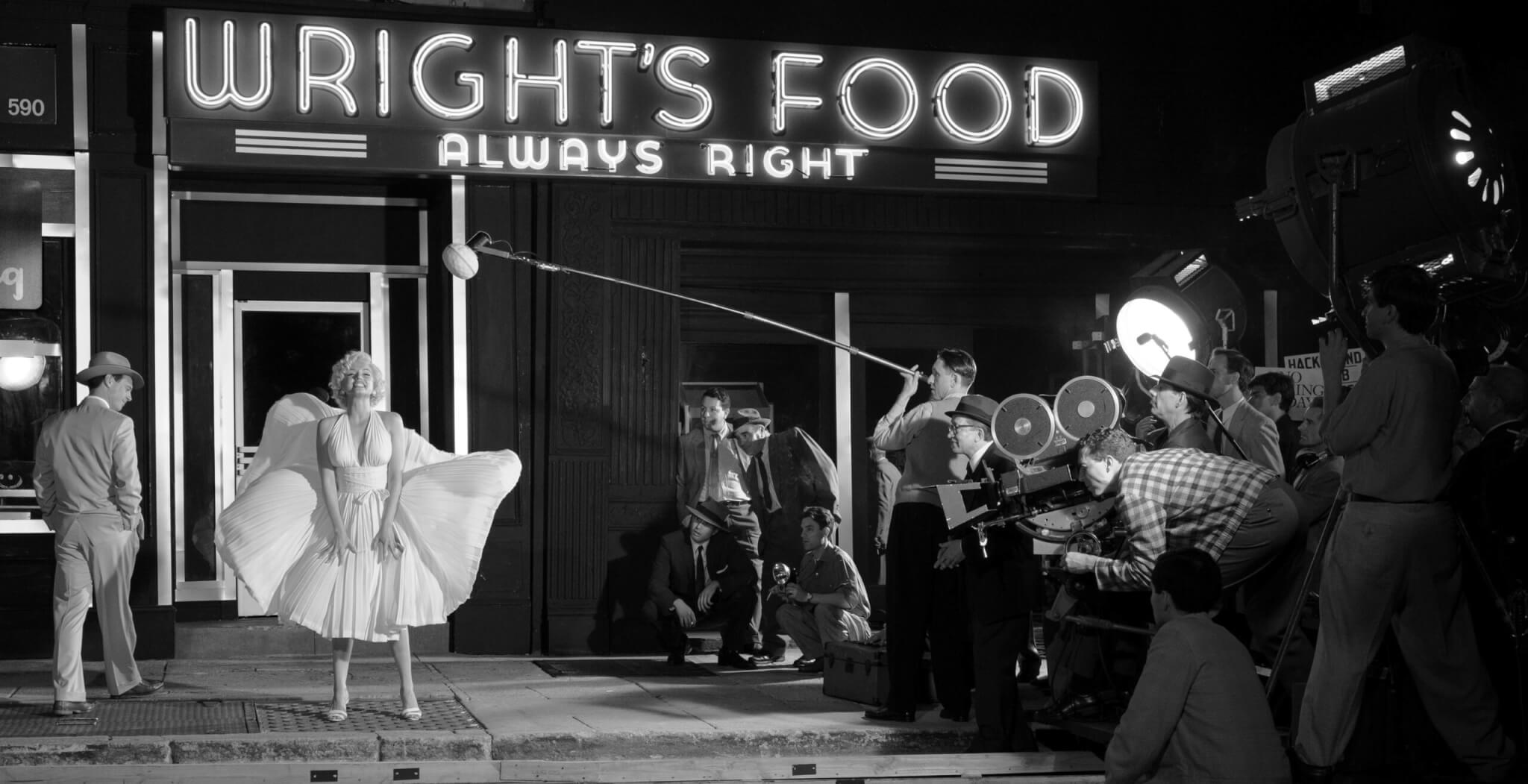Why Biopics Turn Out Bad
Let’s begin by defining what biopics are: Apart from classic film genres such as westerns, horror, musicals, comedies, war films, science fiction, or thrillers, biopics have also become a prominent category in popular culture. Genres hold significant importance as they create certain expectations for the audience. A biopic portrays the life of a historically documented individual, often focusing on figures from the past but occasionally featuring contemporary personalities.
Did you know that biopics belong to the oldest film genre? So why do most of them fail to meet expectations? It’s time for an assessment.

A recent example of a biopic gone awry is “Blonde.” Despite premiering at the Venice Film Festival and making its debut on Netflix on September 28th, Andrew Dominik’s Marilyn Monroe “biopic” has faced severe criticism. Viewers have expressed dissatisfaction with the blend of partial truth and fiction in the depiction of Marilyn Monroe’s life, based on Joyce Carol Oates’ novel of the same name. Despite being a bold and ambitious film, currently trending as Netflix’s No.1 movie, it has been labeled as “exploitative,” “anti-feminist,” and “misogynistic.” Planned Parenthood has even issued a statement claiming that the film contributes to “anti-abortion propaganda.” The story revolves around a young woman who becomes entangled in the machinery of the Hollywood system in the fifties, succumbing to profound loneliness and ultimately dying from an unexplained overdose.


However, “Blonde” is not the sole biopic that fails to garner enthusiastic reception from the audience. In 2014, the biographical portrayal of Apple-founder Steve Jobs hit the big screens but failed to resonate with viewers. Once again, it followed the well-worn Hollywood formula of a rise-to-success narrative. Following the cinematic resurrection of Freddie Mercury in “Bohemian Rhapsody” and the success of “Rocketman,” which was about and produced by Elton John, director Baz Luhrmann has now brought the life story of Elvis Presley to the screen. Told from the perspective of his manager Colonel Tom Parker (played by Tom Hanks), opinions about the film’s success vary greatly. Some miss the musical numbers that reflect the essence of the King, while others praise it as a brilliant masterpiece. Certain biopics also have legal implications for producers. For instance, in a Netflix series depicting the rapid rise and fall of con artist Anna Delvey, the real former best friend sued the production for misrepresenting her character.


Of course, exceptions exist to prove the rule. For decades, musician biopics were considered box office poison until 2018, when the remarkable success of “Bohemian Rhapsody,” a film about the rock band Queen and their frontman Freddie Mercury, shattered expectations. Despite a tumultuous production history, the movie grossed over $900 million worldwide. Nevertheless, loyal “Queen” fans argue that the story failed to do justice to the artists, particularly Freddie Mercury. The following year, “Rocketman,” a musical based on the life of Elton John, also performed well, earning enough to keep Sir Elton in designer specs for decades and even securing two Oscars.
Biopics can take two distinct directions, and many actors and actresses are drawn to the risk involved. Since 2000, 11 of the Best Actor Oscars have been awarded to famous individuals playing other famous people, such as Jamie Foxx in “Ray,” Philip Seymour Hoffman in “Capote,” Daniel Day-Lewis in “Lincoln,” Eddie Redmayne in “The Theory of Everything,” Gary Oldman in “The Darkest Hour,” and, of course, Rami Malek in “Bohemian Rhapsody.” Similarly, within the same period, 10 Best Actress Oscars were given for performances in dramas centered around real lives. Notable examples include Charlize Theron in “Monster,” Reese Witherspoon in “Walk the Line,” Helen Mirren in “The Queen,” Meryl Streep in “The Iron Lady,” and Renée Zellweger in “Judy.”

A biopic possesses an appeal that seems to tick all the boxes. It offers a true story with historical context, lending grandeur or significance to the narrative. People who rarely visit cinemas may feel that such stories of greatness and significance deserve their valuable time more than the fleeting excitement of an action movie. However, when a film becomes inflated with its own sense of importance, it becomes like a balloon that is prone to burst. One misstep, and the entire story deflates. Unlike other films, where screenwriters can choose the most dramatically satisfying path, biopics must adhere to an existing life story, attempting to condense its key events into a two-hour timeframe.
The main challenge with biopics lies in simplifying real people. Trying to fit a three-dimensional story into a two-dimensional medium can be a daunting task. Celebrity biopics, in particular, carry the highest risk. When they succeed, they fill theaters and win awards, especially in the 21st century. However, when they fail, biopics can be uniquely terrible in their execution and leave a lasting impression.



























